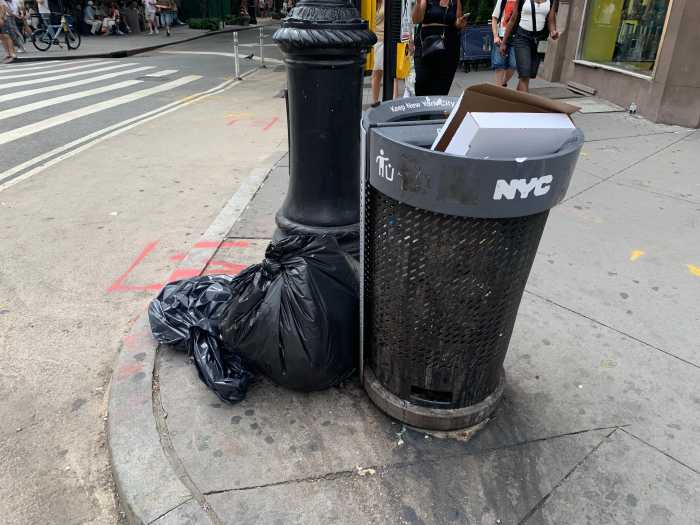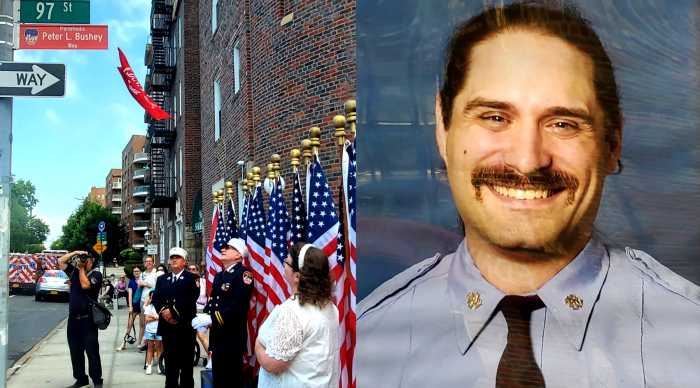Dark money. Shadow government. Perpetual campaign. These are not the ideals of clean, progressive government that Mayor Bill de Blasio’s administration would like to claim. And this week, a good-government group filed a complaint with the city’s Campaign Finance and Conflicts of Interest boards, claiming that a handful of nonprofits stocked with de Blasio acolytes and engaged in pressing his agenda are inappropriately accepting money and wielding undue influence at City Hall.
The best known of the groups is the Campaign for One New York, whose donors include the American Federation of Teachers, developer Two Trees Management, and horse-carriage opponents. These donors are engaged in city business, and the nonprofit organization allows them to avoid New York City’s strict campaign finance limits — $400 — for people with such interests.
Some donations to the Campaign for One New York run into the hundreds of thousands of dollars. While the campaign has focused on mayoral priorities such as universal prekindergarten and affordable housing, it’s hard to believe these donors are opening their wallets out of the goodness of their hearts on unrelated issues.
The mayor said the groups were “doing things that matter for New York City,” and that he is working within the spirit and the letter of the law. He said the paper trail is “fully disclosed,” though this disclosure isn’t mandated by law and relies on the good faith of those who run the campaign, who do not maintain a public database but say they share figures with good-government groups and journalists when asked. That’s no paragon of transparency. De Blasio also said that nonprofit groups supporting political agendas are business as usual for other public officials. He’s right about that — Tuesday marked the start of Gov. Andrew Cuomo’s statewide RV trip to stump for a $15 minimum wage, supported by the Mario Cuomo Campaign for Economic Justice, whose donors have not been disclosed.
The fact is that these groups have no place in statehouse or City Hall business. Donations to the mayor should go to his regulated campaign committee, where they belong.





































